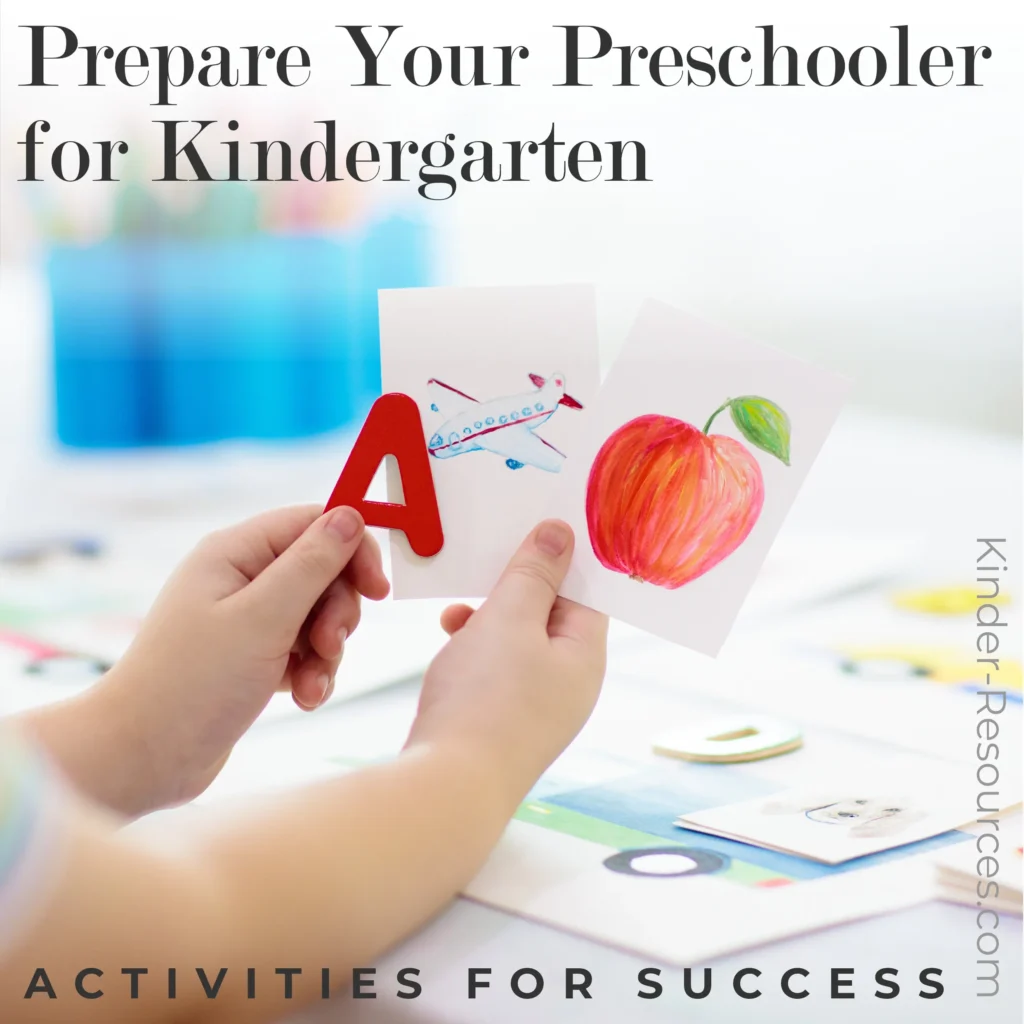Are you a parent eagerly awaiting your preschooler’s first day of kindergarten? As the big day approaches, you may have some concerns about your child’s readiness for this significant step in their educational journey. Will they be able to confidently recite their ABCs? Are they socially prepared for a larger classroom setting? It’s natural for you to what to prepare your preschooler for kindergarten so that they can get the best start possible.
There are simple and enriching activities you can incorporate into your daily routine to ease this transition and set your preschooler up for success. These activities are designed to promote independence, foster social interaction, enhance academic readiness, and cultivate a love for learning. By incorporating them into your daily routine, you can help your child enter kindergarten with confidence and enthusiasm.
Prepare Your Preschooler for Kindergarten by Nurturing Social & Emotional Development
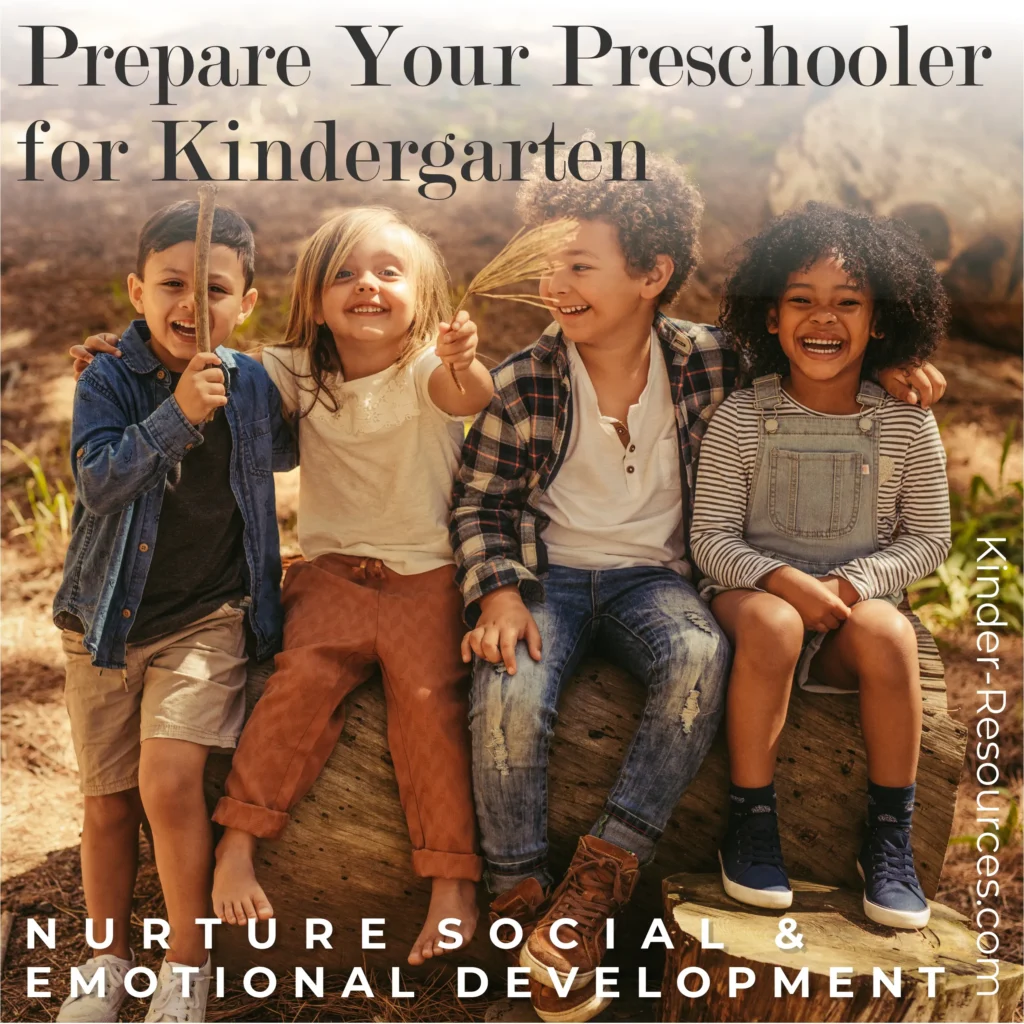
As a parent, it’s natural to focus on preparing your preschooler for academic success in kindergarten. However, in order for your child to truly thrive in their educational journey, it’s crucial to also nurture their social and emotional development. A child’s ability to navigate social interactions, regulate emotions, and adapt to new environments significantly influences their overall school experience. Strong social and emotional skills enhance a child’s relationships with peers and teachers and also contribute to their confidence, resilience, and willingness to learn.
There are various activities you can do with your preschooler to promote essential skills such as sharing, taking turns, and expressing emotions in a healthy manner.
Structured playdates or group activities are an effective way to encourage sharing and turn-taking in a supportive environment. You can facilitate games that require sharing toys or taking turns, providing gentle guidance and positive reinforcement as children navigate these interactions.
Storytelling and role-playing are also powerful tools for helping children understand and express their emotions. Use picture books or create simple stories that depict different emotions and discuss how characters might feel in various situations. Encourage your child to talk about their own feelings and validate their emotions, teaching them that it’s okay to express themselves and seek help when needed.
As parents, we are our children’s greatest role models. By modeling positive social behaviors at home, such as listening attentively, using polite words, and resolving conflicts peacefully, we set the foundation for our children’s social skills. Engaging in conversations about feelings, respecting others’ perspectives, and practicing empathy are invaluable lessons that prepare preschoolers for building positive relationships and navigating the social dynamics of kindergarten.
Encourage Independence and Responsibility
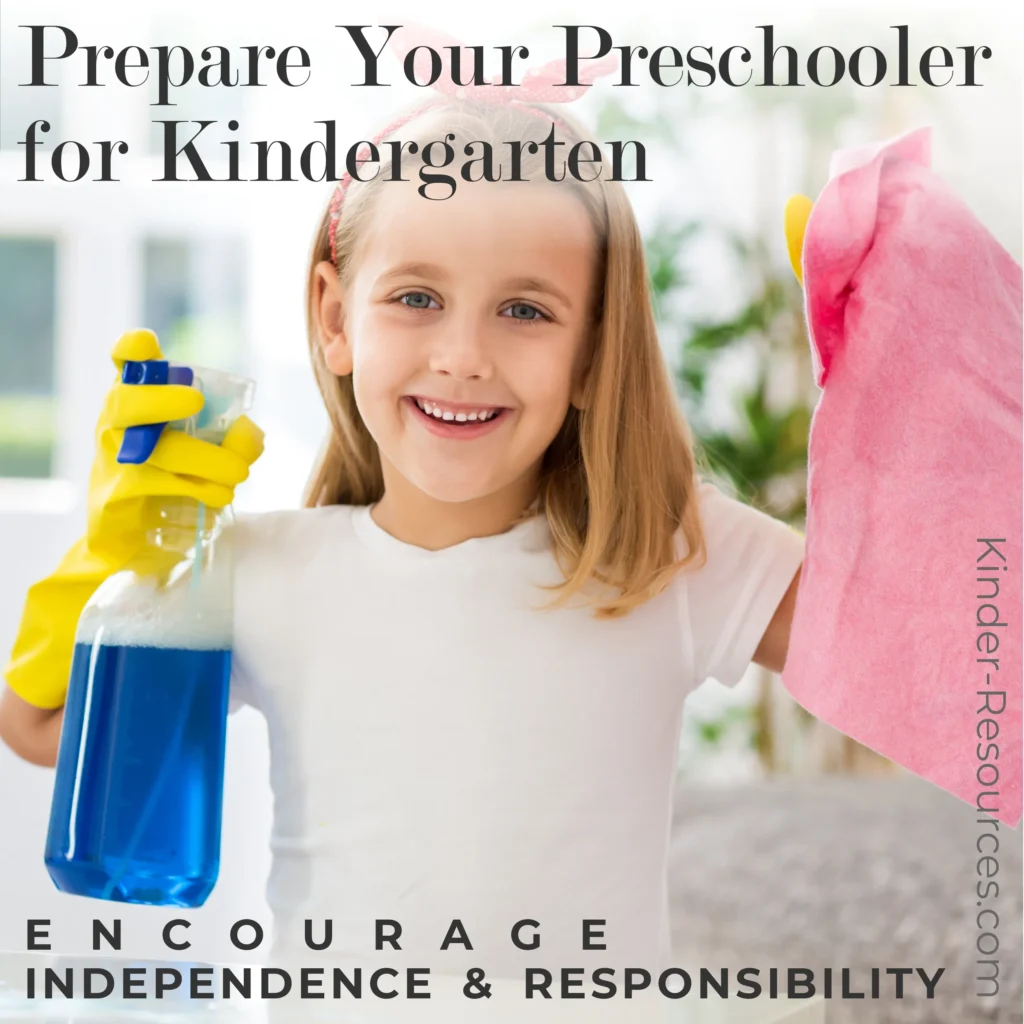
Instilling independence and responsibility in preschoolers is also important for preparing them for kindergarten. When children take on tasks independently and responsibly, they gain confidence in their abilities and develop essential life skills. Building these habits early empowers children, fostering a sense of competence and self-reliance that is crucial for navigating new challenges in kindergarten.
How can you encourage independence and responsibility in your preschooler? It can be as simple as incorporating age-appropriate tasks into their daily routine. For example, setting the table for meals, putting away toys or books, and helping with small household chores like dusting or watering plants can instill a sense of pride and accomplishment in young children. These tasks teach children about contributing to the household, and reinforce the importance of teamwork and cooperation within the family unit.
Involving children in packing their own backpack for school is another valuable activity. This teaches organizational skills and encourages children to take ownership of their belongings and responsibilities. As you guide your preschooler in selecting and packing necessary items, such as a snack, water bottle, and school supplies, you are also teaching valuable lessons about independence and accountability.
Prepare Your Preschooler for Kindergarten by Exploring Nature and the World Around You
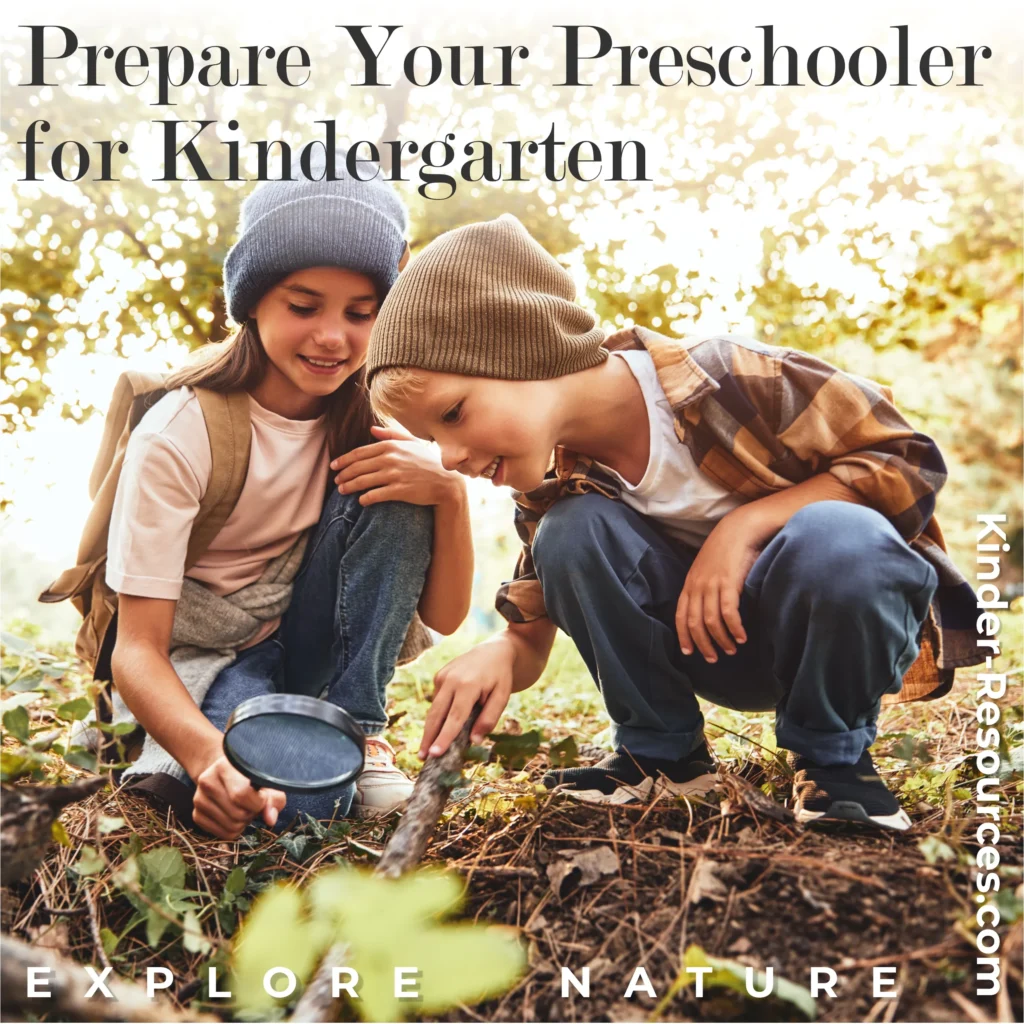
Yet another way you can help prepare your preschooler for kindergarten is by encouraging them to engage with the natural world. Exploring nature fosters curiosity and creativity, and promotes important developmental skills such as cognitive, physical, and emotional growth.
Nature walks are a fantastic way to introduce your child to the wonders of their surroundings. Take leisurely strolls through parks, gardens, or neighborhood streets, pointing out different plants, insects, and animals. These walks are perfect opportunities for conversations and teachable moments as you observe and discuss what you see and hear. For a more interactive experience, try a scavenger hunt! Create a list of items for your child to find in nature, such as a smooth rock or a pinecone. This activity encourages problem-solving skills and persistence as they search for each item, culminating in a sense of accomplishment when the hunt is completed.
You can also bring the wonders of nature into your home through simple science experiments. From creating a volcano with baking soda and vinegar to exploring rainbow reflections with a glass of water and a flashlight, these hands-on activities not only teach scientific concepts but also encourage curiosity and exploration.
Preparing Your Preschooler for Kindergarten: The Importance of Fine Motor Skills
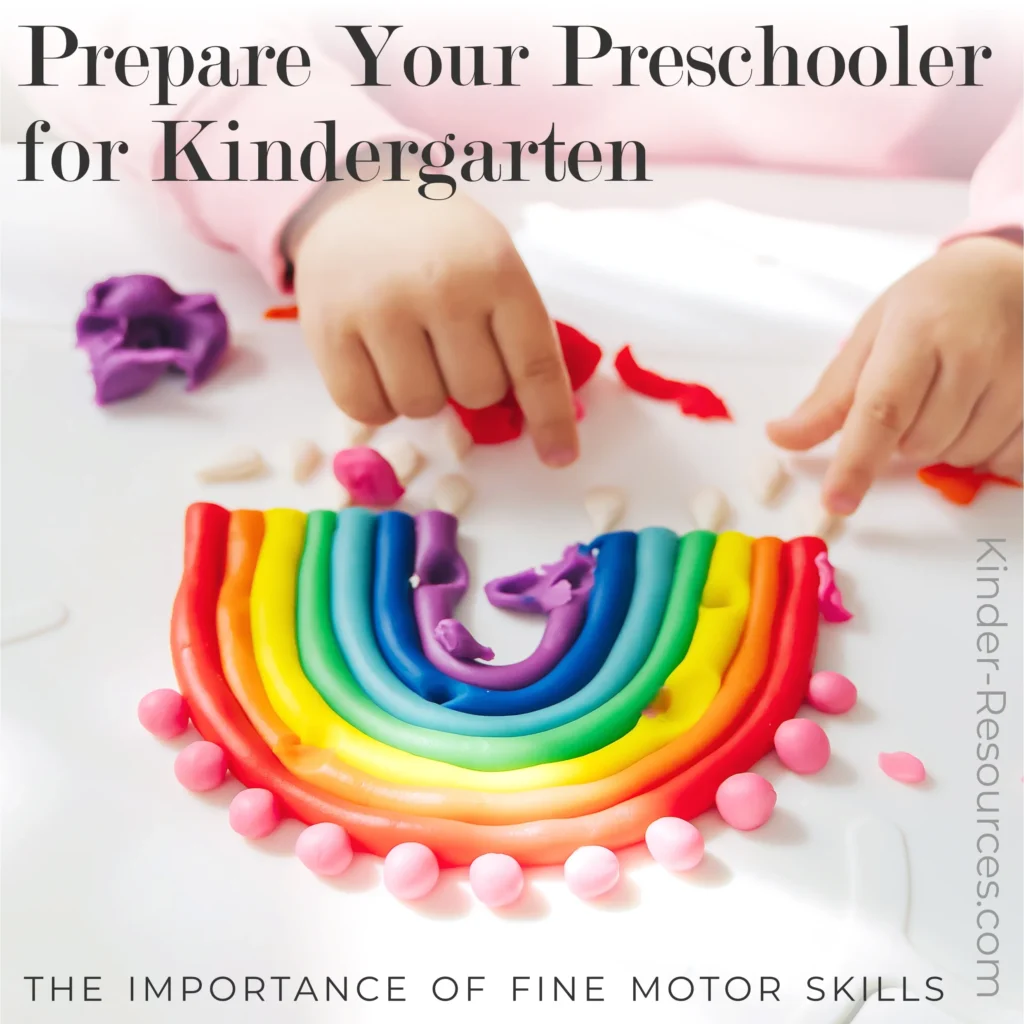
Kindergarten demands a certain level of readiness, particularly when it comes to writing. One crucial aspect of this readiness is the development of fine motor skills. These skills involve the coordination of small muscles in the hands and fingers, which are essential for tasks like holding a pencil, cutting with scissors, and forming letters and numbers. Engaging in activities that promote fine motor skills, physically prepares children for kindergarten but also fosters creativity, patience, and problem-solving abilities. These playful exercises can be easily incorporated into daily routines.
For example, sculpting with playdough allows children to pinch, roll, and shape, strengthening their hand muscles and improving coordination. Threading beads onto a string not only enhances hand-eye coordination, but also promotes concentration and perseverance. And finger painting provides sensory stimulation while encouraging children to use their fingers with precision and control.
Practice Basic Math and Literacy Skills Through Playful Learning
Early exposure to foundational math and literacy concepts is key to building a strong educational foundation. Engaging your preschooler in learning doesn’t have to be dull and tedious. With a little creativity, you can transform everyday activities into fun and purposeful experiences that will prepare your preschooler for kindergarten!
Let’s explore some practical ideas that you can easily incorporate into your daily routine to help your child develop essential math and literacy skills.
Math Activity Ideas to Prepare Your Preschooler for Kindergarten
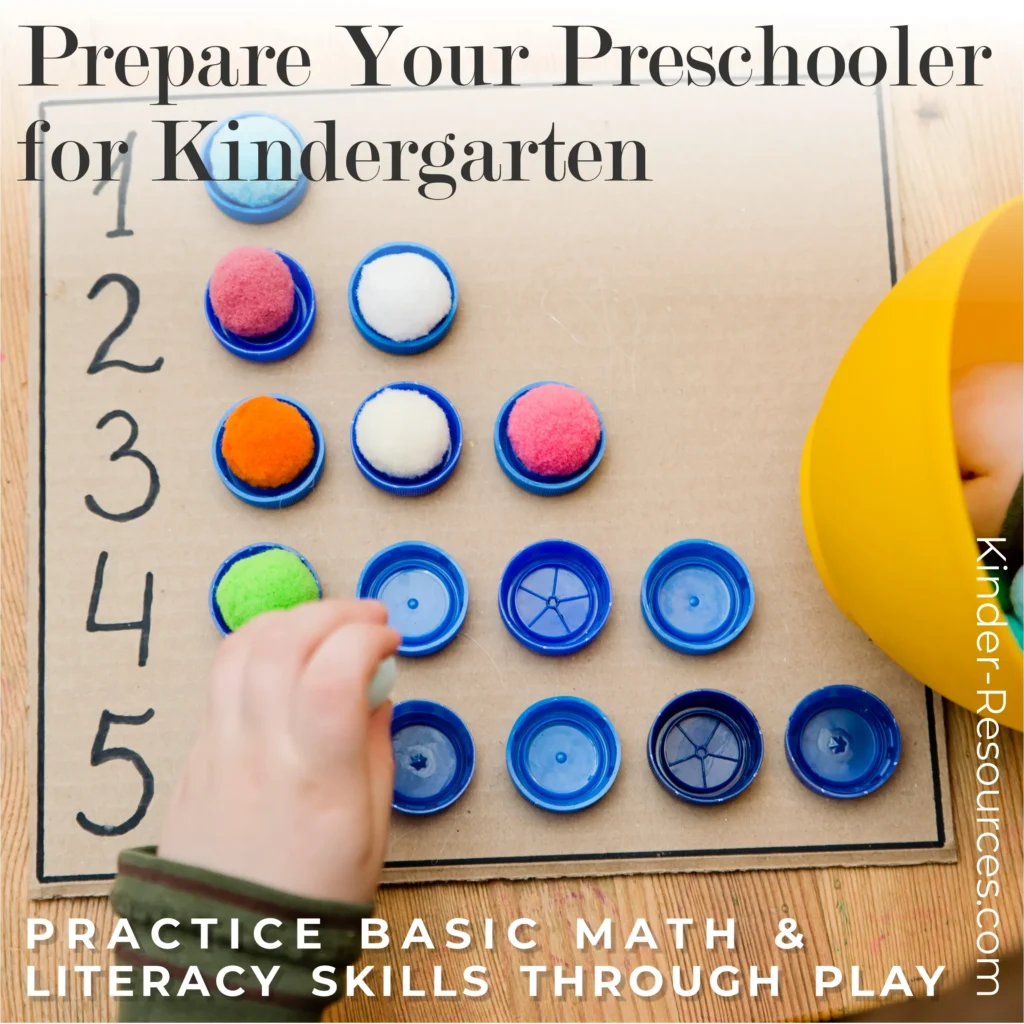
- Counting with Everyday Objects: Make counting a part of your child’s playtime by using everyday objects like toys, buttons, or fruit. Encourage them to count forwards and backwards and group objects into sets for more advanced learning.
- Number Recognition and Ordering: Flashcards or number cards are a great visual tool for helping your child recognize numbers. Ask your child to identify and say each number aloud. Practice arranging them in order from 1 to 10 and to build their understanding of numerical order.
- Shapes and Patterns: Introduce your child to different shapes such as circles, squares and triangles using toys or household items. Then, have fun creating patterns with colored blocks or stickers (red, blue, red, blue). Encourage your child to identify and continue the pattern.
- Measurement Exploration: Bring math to life by using non-standard units like blocks or crayons to measure objects around the house. For example, you can use crayons to measure the length of a table. You can compare the sizes of different objects by asking “Which toy is taller?” Introduce concepts of more or less, bigger or smaller, and longer or shorter. This will help your child understand the concept of measurement and comparison.
- Sorting and Classifying: Provide a variety of objects and ask your child to sort them into groups based on attributes like color, size, shape, or type. Talk about why objects belong in certain groups and encourage them to explain their reasoning. This activity promotes critical thinking and problem-solving skills.
Literacy Activity Ideas to Prepare Your Preschooler for Kindergarten
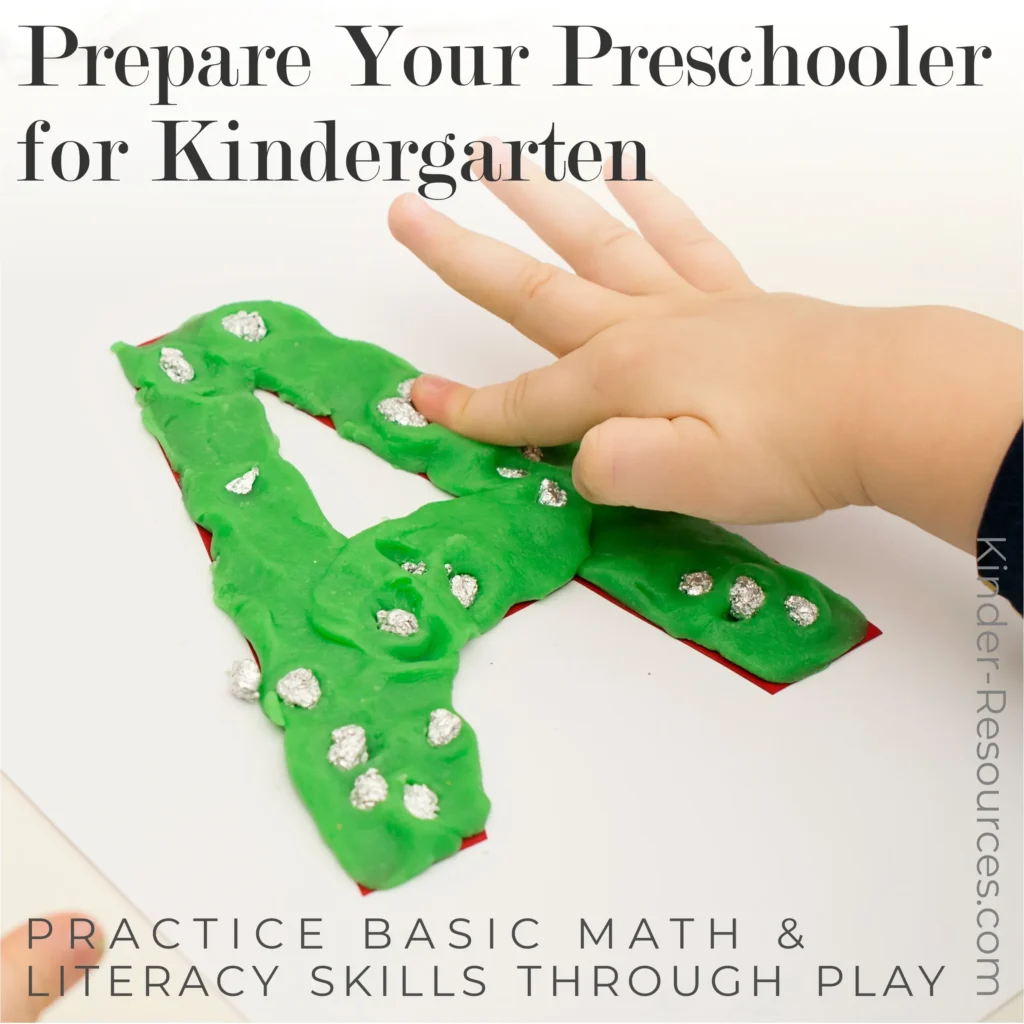
- Reading Aloud: Reading aloud to your child is a simple yet effective way to foster a love for reading and storytelling. Choose age-appropriate books (click here to download a list) and lead talk about the story, focusing on characters, plot and setting. Point to words as you read to help your child make connections between spoken and written words.
- Letter Recognition and Phonics: Introduce the alphabet through games, songs, and activities. Use magnetic letters or alphabet blocks for hands-on learning. Practice identifying and saying the sounds that each letter makes to develop phonemic awareness.
- Sight Words Practice: Sight words, also known as high-frequency words, are commonly used in reading and writing. Introduce them to your child using flashcards or online resources. Make learning fun with games like sight word bingo or memory match.
- Writing Activities: Encourage your child to practice writing letters, their name, and simple words using different writing tools like pencils, crayons, or finger paints. They can practice writing in sand or shaving cream to make it a sensory experience. This activity helps develop fine motor skills and prepares them for writing in the future.
- Storytelling and Retelling: Spark your child’s imagination by encouraging them to tell their own stories or retell familiar ones. Use props or drawings to make storytelling interactive. Talk about the beginning, middle, and end of stories to develop comprehension skills.
- Word Games and Rhyming Activities: Make language learning fun by playing rhyming games and exploring word families. Play rhyming games by finding words that rhyme with familiar words (e.g., cat, hat, mat). Singing nursery rhymes and songs with repetitive language patterns also promotes phonological awareness.
More than Academic Readiness
Preparing preschoolers for kindergarten goes beyond academics; it involves fostering their overall development. Engaging in activities that enhance social, emotional, cognitive, and physical skills is essential. By promoting social interaction, independence, exploration, fine motor skills, literacy, and math, you can help your child transition smoothly and successfully to kindergarten.
Try some of the activities listed activities and adapt them to your child’s interests and developmental stage. Share your experiences and insights in the comments below to inspire and support other parents on their journey. Together, we can empower our children to thrive in kindergarten and beyond, equipped with the skills and enthusiasm they need to embrace new experiences and achieve their fullest potential. Engaging with your child in these activities ensures they enter kindergarten ready, excited, and confident.
Resources to Get you Started
Below are some free and priced resources to help you get started!
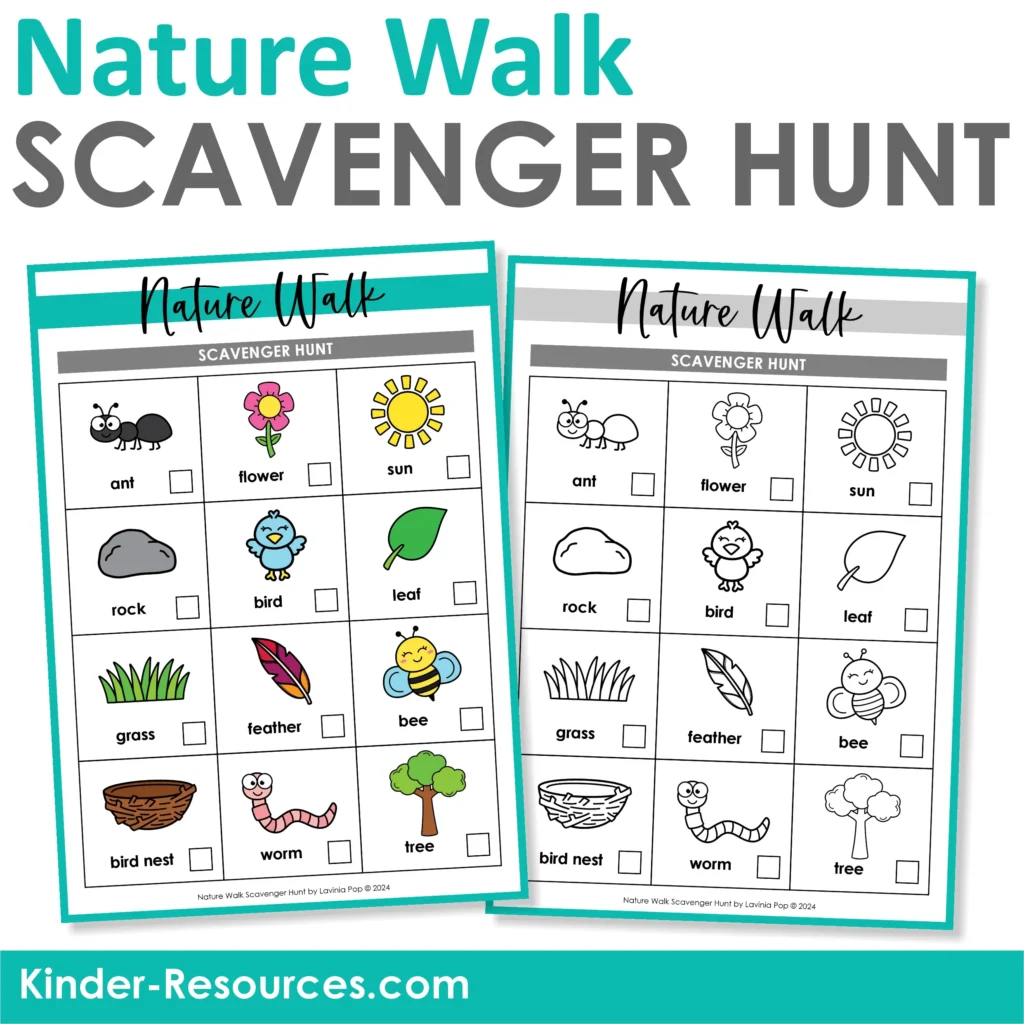
Embark on an exciting outdoor adventure with your preschooler using our Nature Walk Scavenger Hunt printable! This engaging activity sparks curiosity, creativity, and a love for nature in young children. Ideal for family walks in the park, backyard explorations, or nature trails, this scavenger hunt encourages kids to observe, explore, and appreciate the world around them.
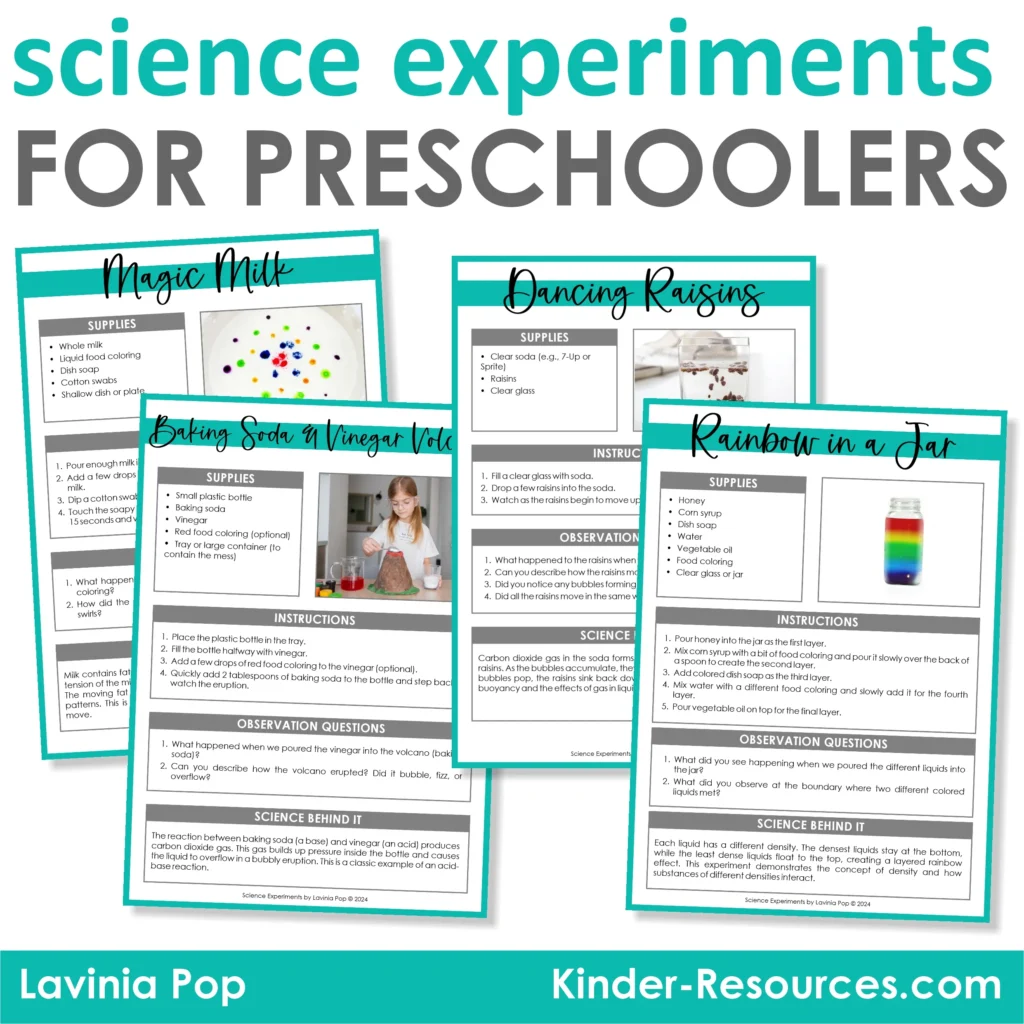
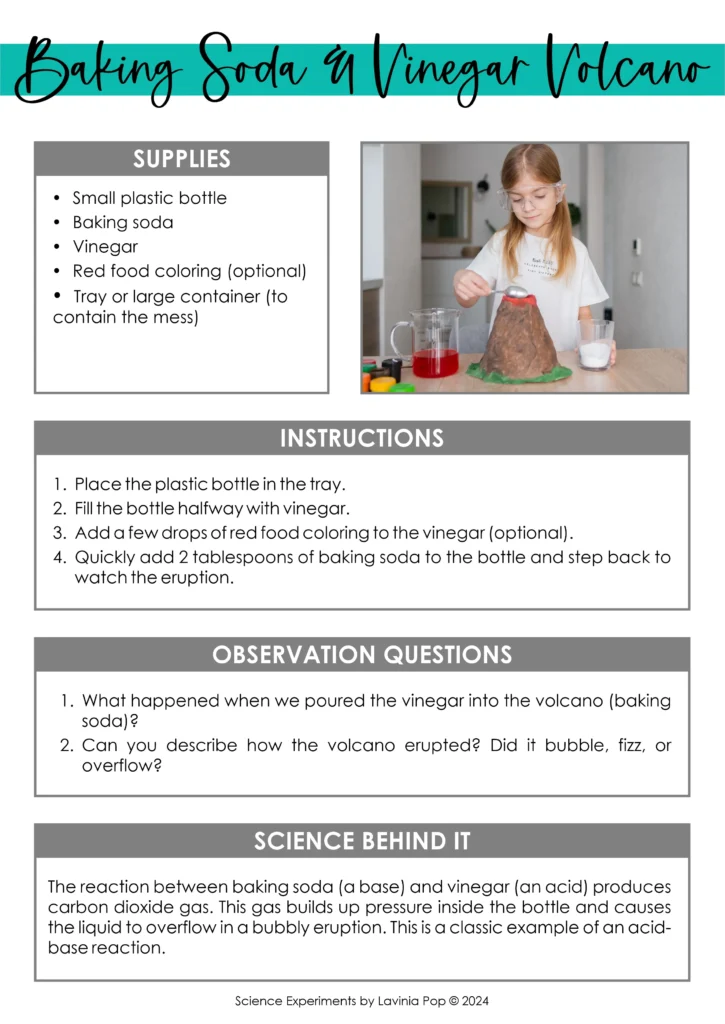
Get your little one excited about science with our free printable guide of easy and fun preschool experiments. Download now and spark their curiosity!
For Math, try these…
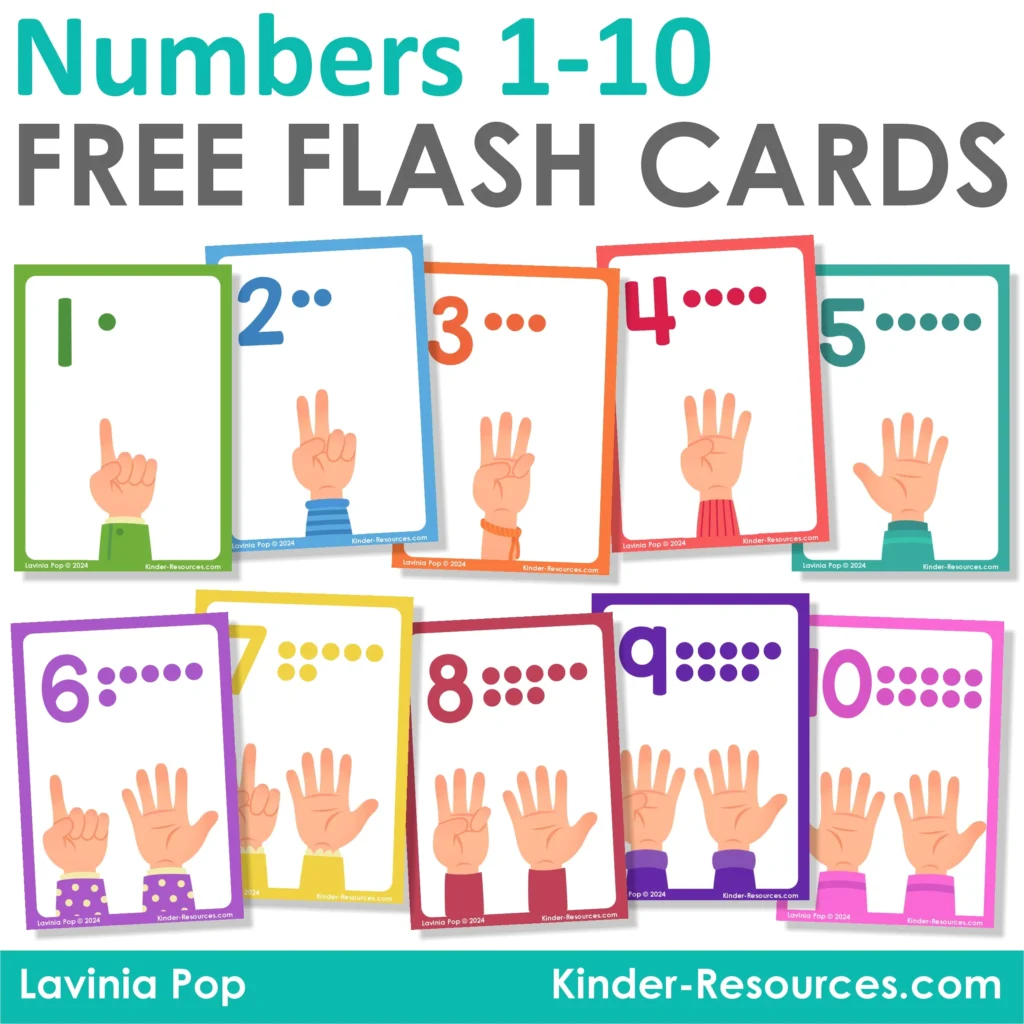
Get your little one excited about numbers with our entertaining and educational Printable Number Flash Cards! This special set comes with cards showcasing numbers 1-10, featuring three visual aids for each number: numerals, counting dots, and fingers displaying the matching number. These flash cards are the ultimate learning tool for helping your little preschooler develop number recognition, counting skills, and early math foundations.
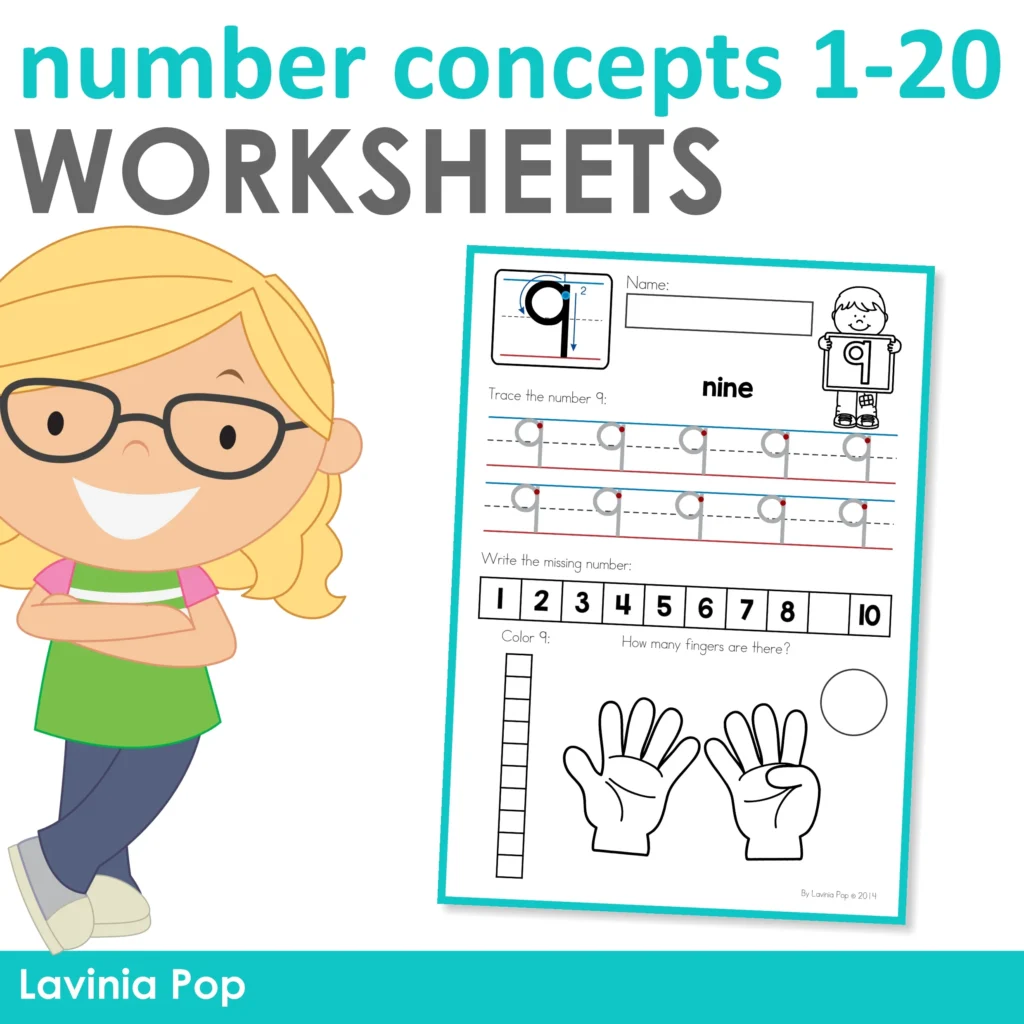
Dive into early number concepts with the comprehensive Number Tracing and Writing: Number Concepts unit. It features 20 engaging worksheets designed for preschool and kindergarten children. Each worksheet offers a variety of activities including numeral tracing, identifying and writing missing numbers, coloring place value blocks, and practicing counting.
For Literacy, try these…
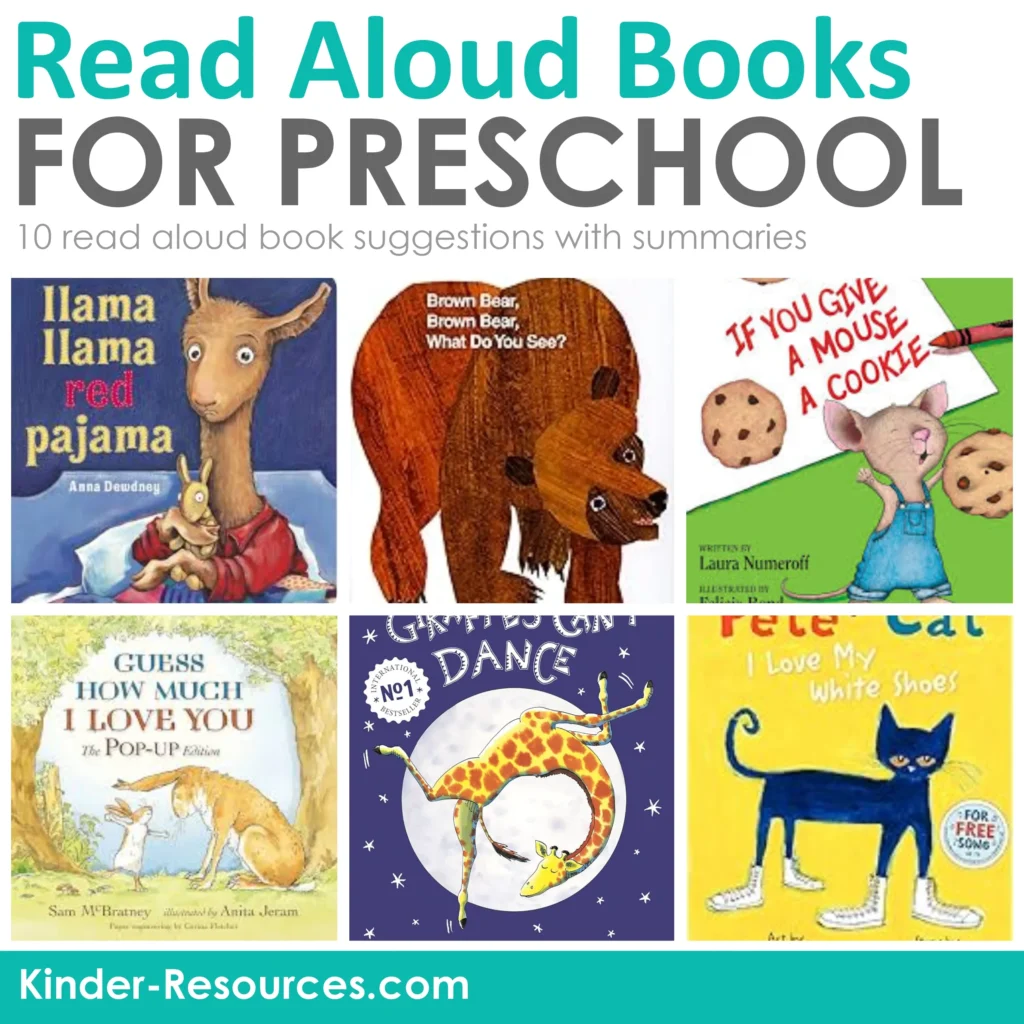
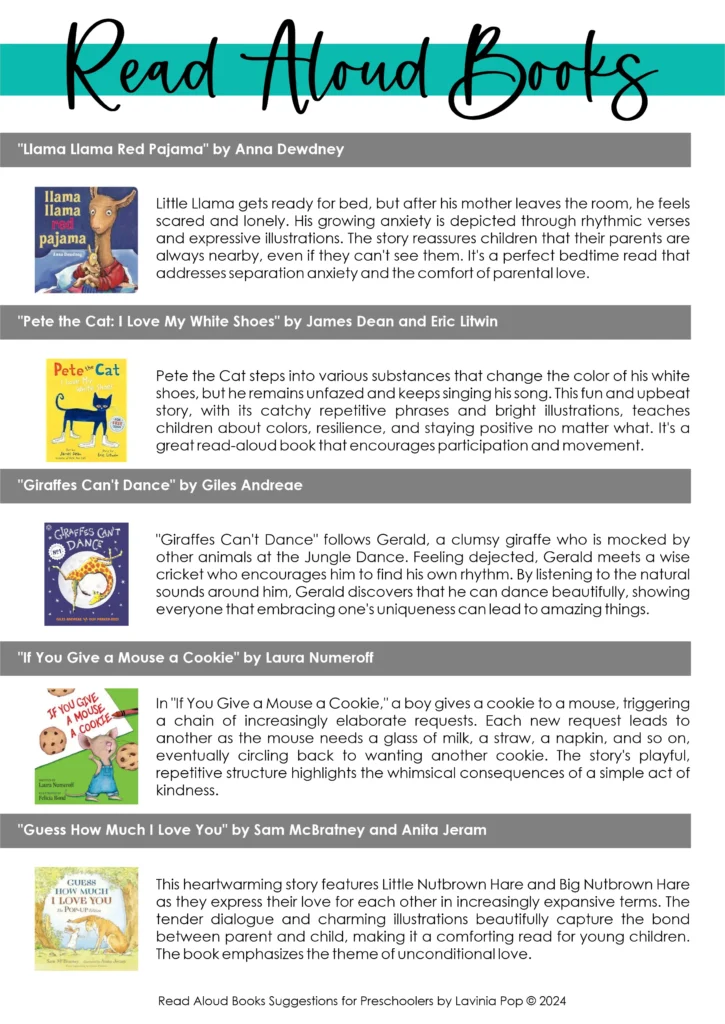
Download a list of 10 read aloud books that are popular and well-loved for preschoolers transitioning into kindergarten. These books cover a range of themes, from friendship and imagination to early literacy and learning experiences. These books are not only engaging and entertaining but also encourage early literacy skills such as vocabulary development, comprehension, and a love for reading.
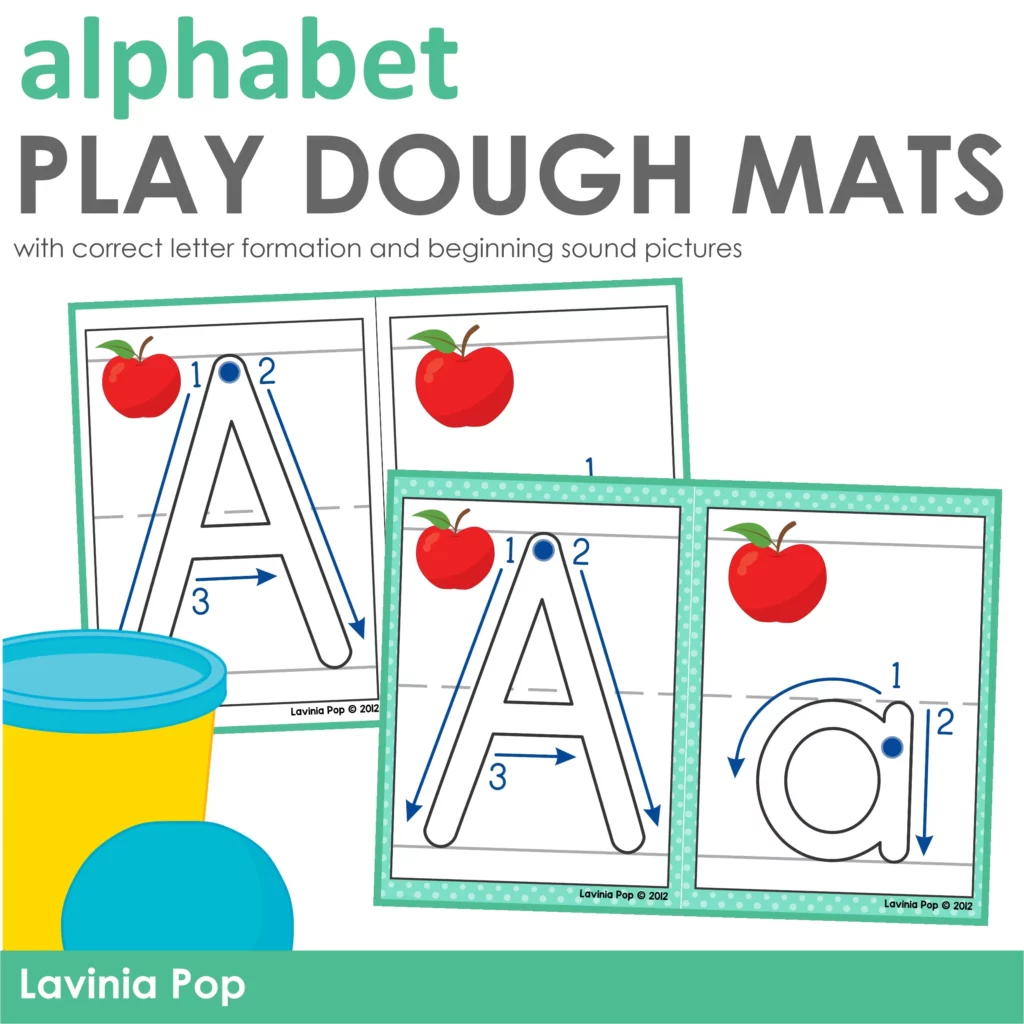
These alphabet play dough mats are packed with correct letter formation and adorable beginning sound pictures for both upper and lower case letters. These mats are intended for use with play dough, but the possibilities don’t stop there. Some alternative uses include: tracing cards, alphabet sequencing, upper and lower case letter match, beginning sounds sorting cards, find the pair game.
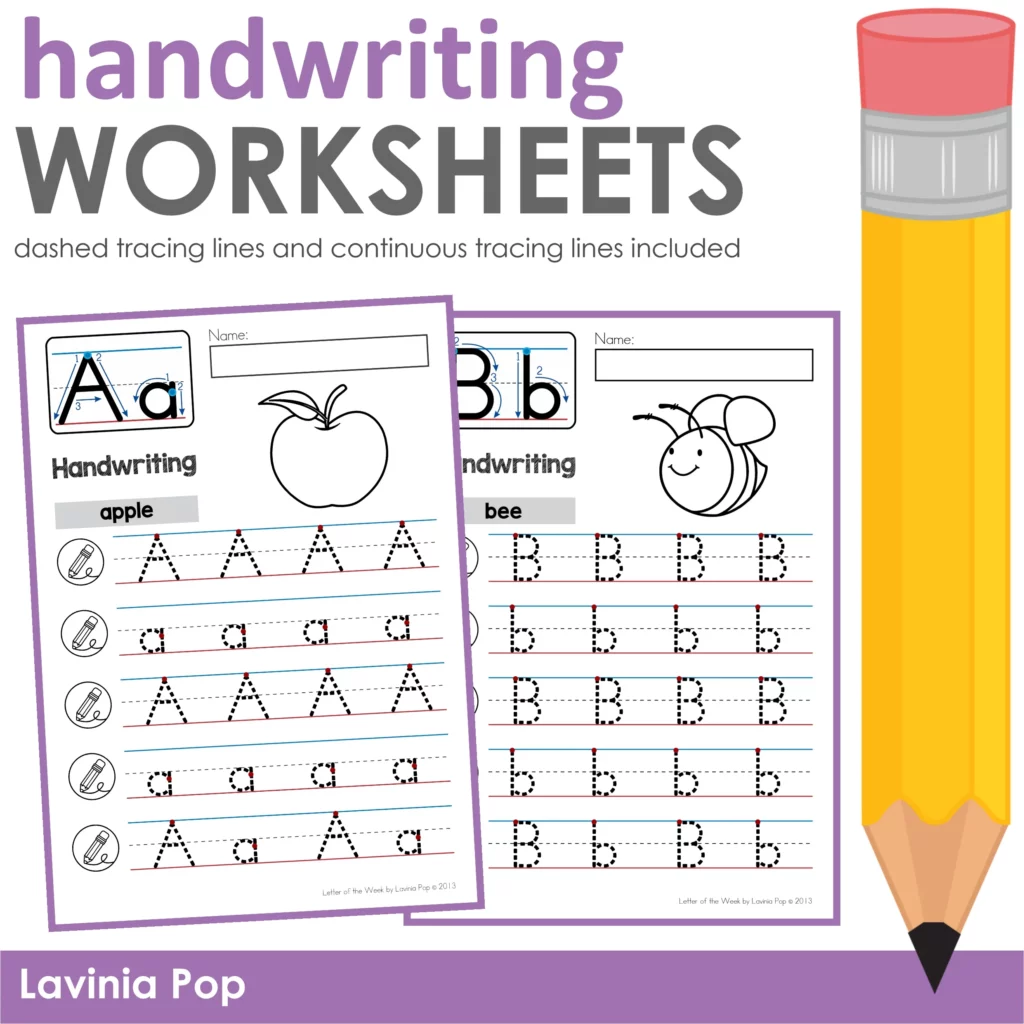
Get a head start on handwriting skills with the printable Alphabet Handwriting Tracing Practice packet. Directional arrows for each letter ensure that your preschooler will learn how to correctly write letters from the get-go!
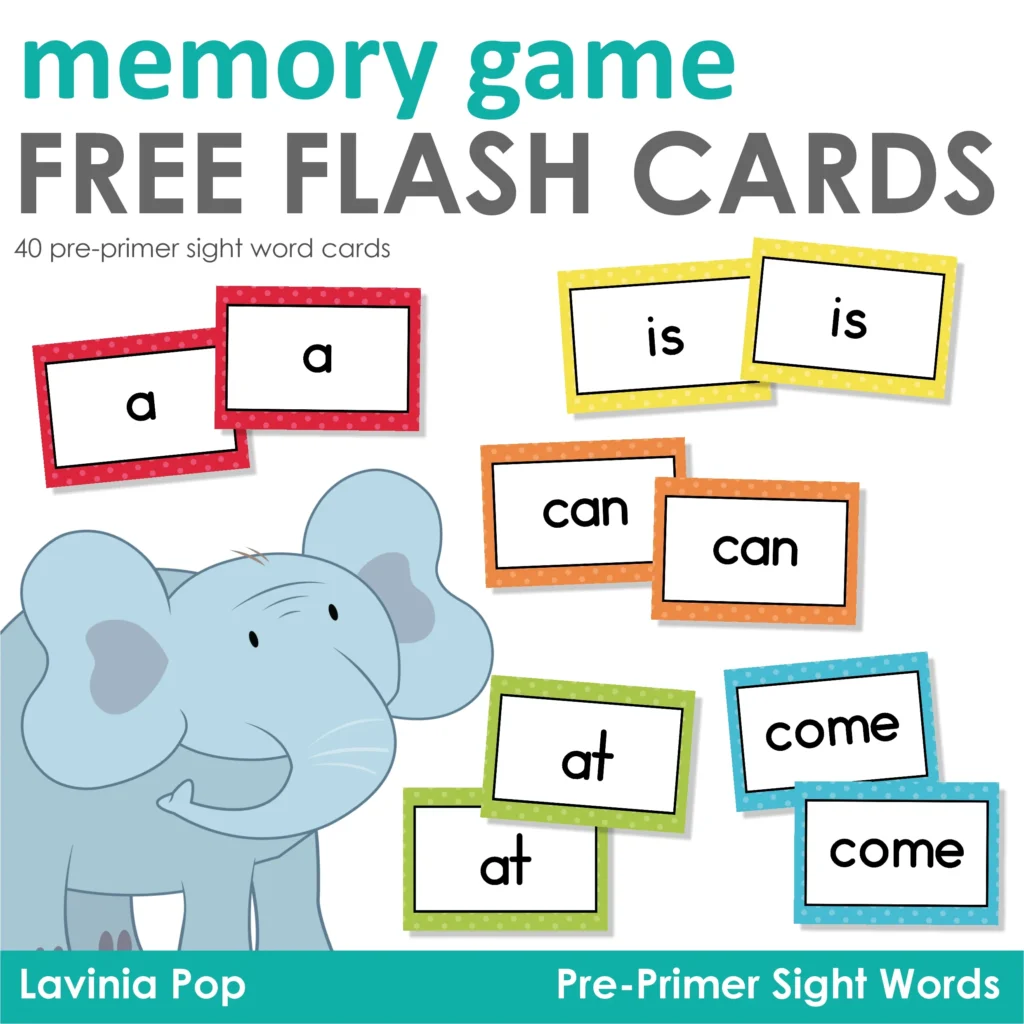
Use this set of flash cards to play a memory game with your preschooler. They feature essential sight words commonly found in early reading materials, and are a powerful tool to enhance your child’s word recognition and reading fluency.
Happy Teaching 🙂

